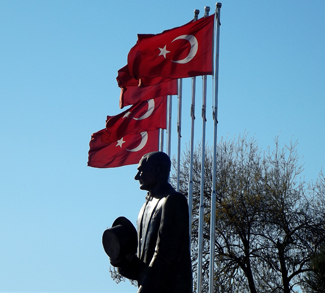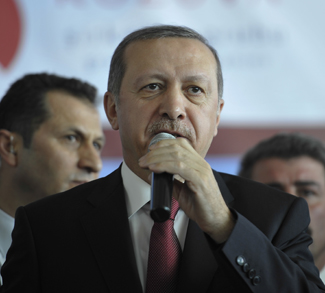Summary
Turkey suffered a weekend of tanks, protests, and uncertainty, as a military faction apparently launched a coup that failed to topple the Erdogan government.
The country has a long history of coups. The Turkish military views itself as the guardian of the secular democracy established by Mustafa Kemal Ataturk. There have been several instances in the past where it has stepped in and seized power, claiming that the ruling party had deviated from the path set out by the country’s founding father.
On the surface, this recent coup would fit this mould: Erdogan, the popular long-serving strongman with non-secular leanings, being removed from power to protect the constitution. Yet in execution, this coup seemed doomed to fail from the onset given Erdogan’s enduring grassroots popularity; speak nothing of the actual plan and tactics utilized.
Regardless of what motivated the coup, it will certainly reverberate for decades to come.
Impact
A political bonanza for Erdogan. The most immediate impact of the failed coup is that Erdogan’s position will be stronger following the purge of the military and police forces. Around 6,000 members of the judiciary and military have been arrested so far, and this number is sure to increase. The coup is obviously being used as a pretext to target political opponents that didn’t necessarily have anything to do with the coup.
Erdogan’s authoritarian proclivities are well-known, and his Justice and Development Party (AKP) survived an electoral scare earlier this year when it was unable to form a government. The coup will have the beneficial effect of recasting the AKP as defender – not usurper – of Turkey’s constitutional order.




